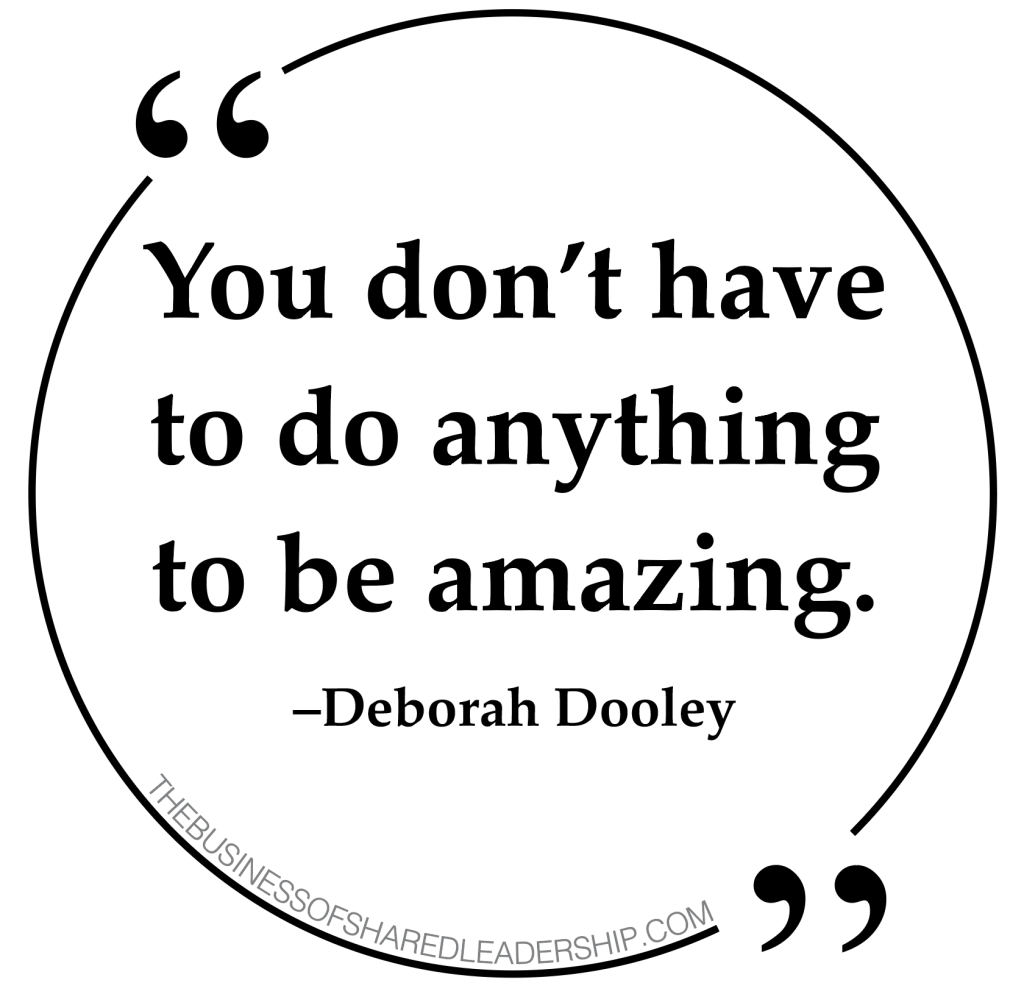Sometimes we get lost in complexity.
The US Department of Education has a $68 billion annual budget from which it measures, sorts, records, studies, advocates for, and tracks public education in America. Yet ultimately, public education only needs a single mission, and it’s pretty much free to give and share—the pursuit of self-worth. This is what really needs to be taught and nurtured across all grades, all geography, and all demographics—knowing that we are all sacred, powerful, valuable, capable, and worthy of unconditional love.
My longtime friend, clinical psychologist and evolutionary astrologist Deborah Dooley, once said to me, “Kevin, you don’t have to do anything to be amazing.” Math, science, English, Spanish, history, sports, music, band, and more are all only a means to the end goal of building a positive self-image. Each class and activity is an opportunity to build sustainable self-worth, and that’s not dependent on the grades you get, the songs you sing, or the points you score.

Rosie Freier runs the Singing Horse Trading Post on the Pine Ridge Indian Reservation in South Dakota, where I stay when I visit. Rosie and I have become close friends. One day as we contemplated the challenges young people face on the reservation, she said to me, “Kevin, if no one ever showed you a trumpet, why would you want to play one?” Not every child is raised in a consistent environment where their individual self-esteem is honored. Additionally, the act of growing up is a quest through the valley of self-doubt for us all.
What’s the one awareness that triggers all other healthy outcomes in life, including learning? It’s self-worth. Schools in America should be fully focused on this singular mission. Imagine if every student at your local high school felt trusted, respected, valued, and heard. What might change? What might then become possible?
Leadership matters. What if every educational leader at the federal, state, and local levels made self-worth the only top goal, and then stuck with that single mission for decades? What might change? I believe everything would change.
If every student stepped deeply into their own self-worth, a new realm of opportunities would manifest, including, by extension, a second natural goal: the self-worth of the person beside you.
If we do not consider ourselves worthy, we cannot see value in others. When we learn to see our innate self-worth, we cannot help but honor the same in others.
Sometimes less is more, and simpler is better. Self-worth is the only goal any school, anywhere, ever needs.
“What we can or cannot do, what we consider possible or impossible, is rarely a function of our true capability. It is more likely a function of our belief about who we are.”
—Anthony Robbins